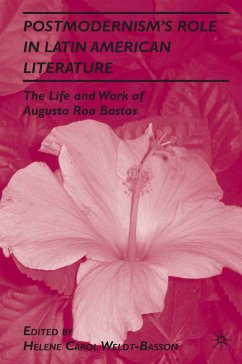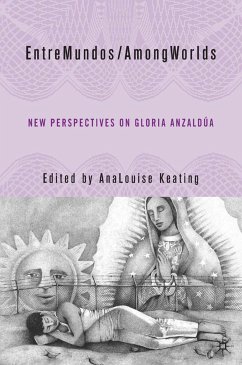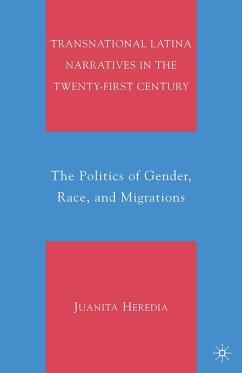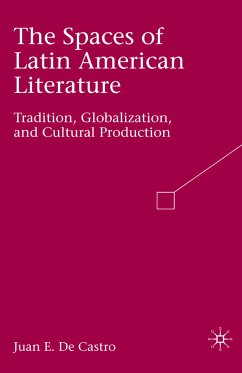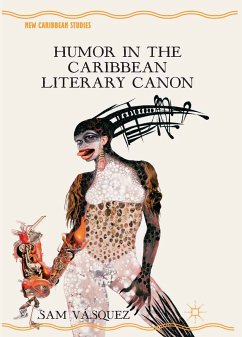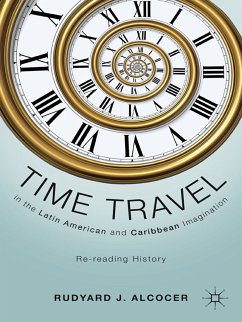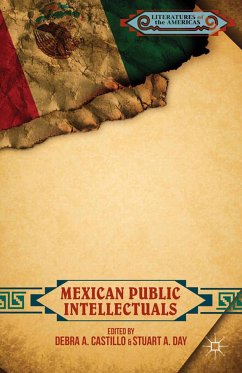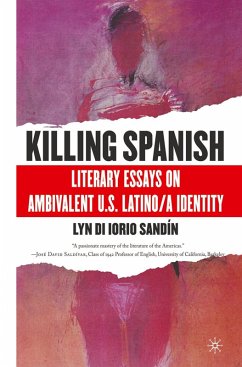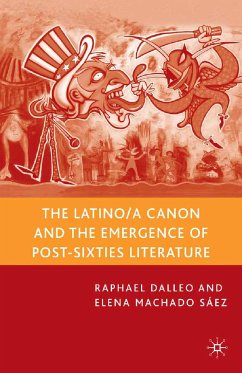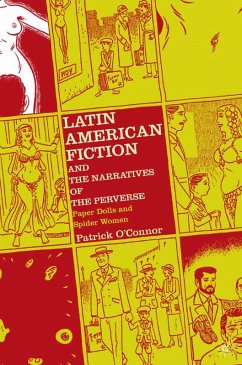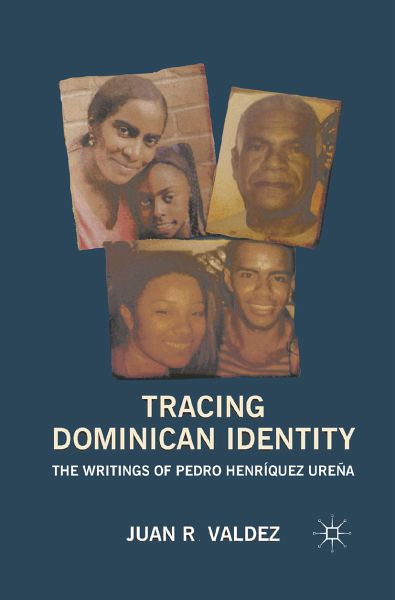
Tracing Dominican Identity (eBook, PDF)
The Writings of Pedro Henríquez Ureña
Versandkostenfrei!
Sofort per Download lieferbar
40,95 €
inkl. MwSt.
Weitere Ausgaben:

PAYBACK Punkte
20 °P sammeln!
The author analyzes and discusses the socio-historical meanings and implications of Pedro Henríquez Ureña's (1884-1946) writings on language. This important twentieth century Latin American intellectual is an unavoidable reference in Hispanic Linguistics and Cultural Studies.
Dieser Download kann aus rechtlichen Gründen nur mit Rechnungsadresse in A, B, BG, CY, CZ, D, DK, EW, E, FIN, F, GR, HR, H, IRL, I, LT, L, LR, M, NL, PL, P, R, S, SLO, SK ausgeliefert werden.



